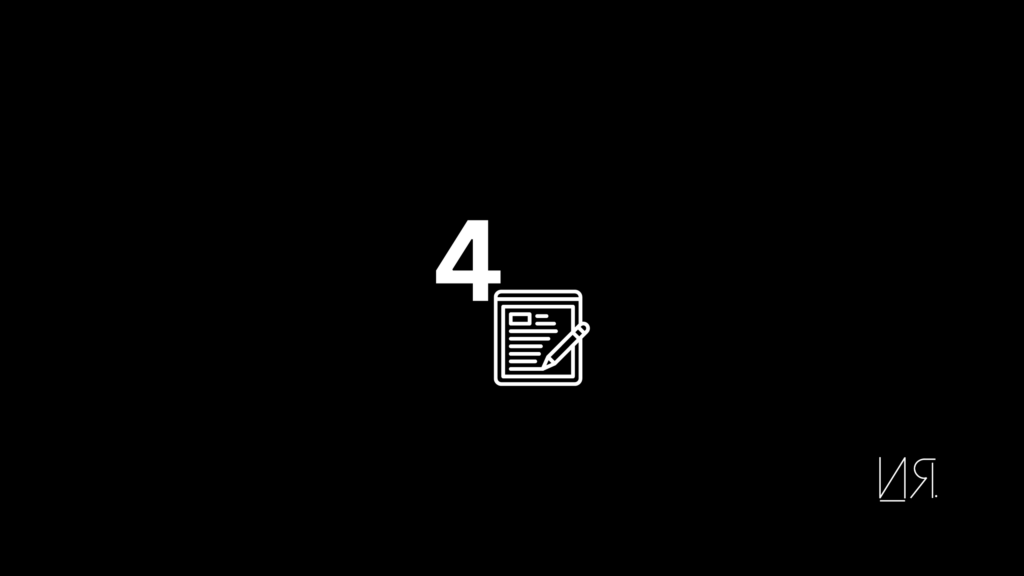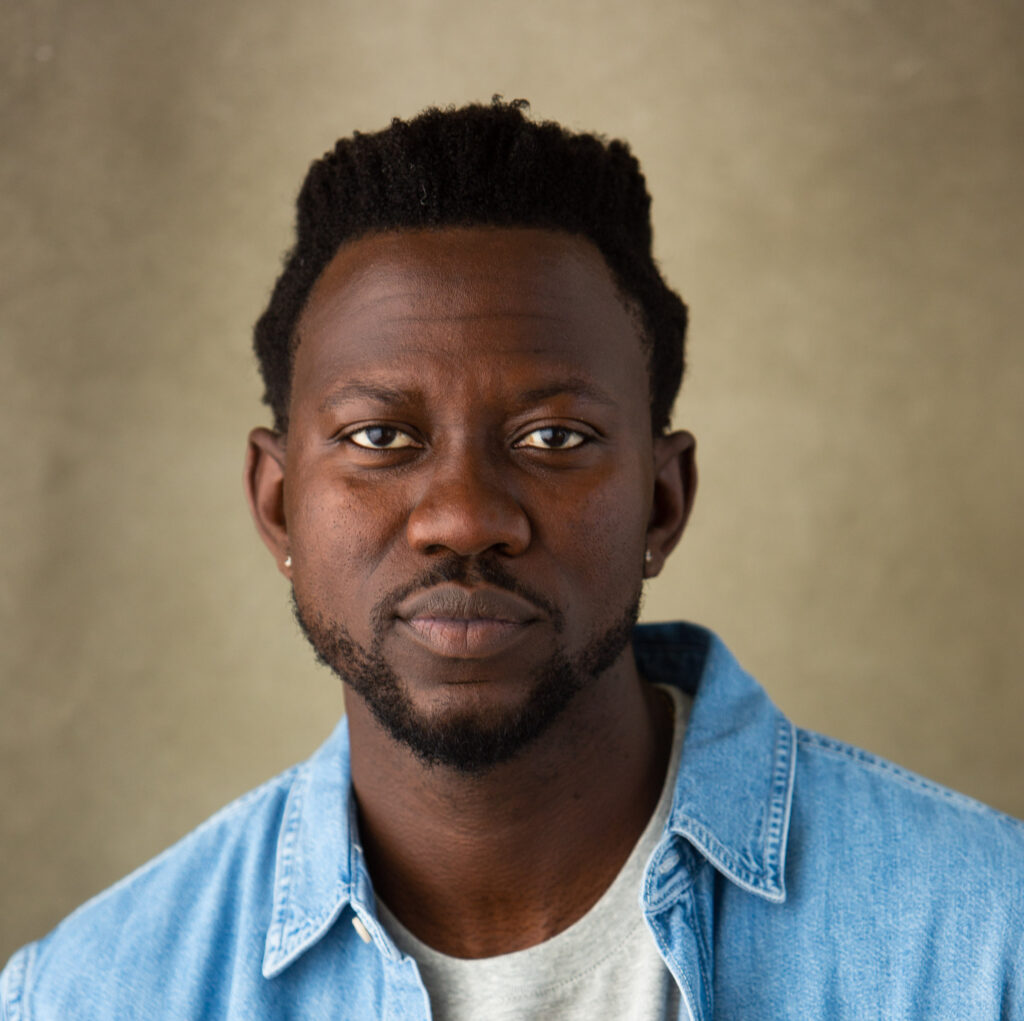The only thing more painful than telling your story is not telling it at all.
This time last year, I decided to write a newsletter every week.
I thought it was ambitious. I wasn’t sure I’d be able to stay consistent.
I thought about the hours it would take me to write each one. I questioned whether it was a good use of my time.
I started anyway. I thought it would be good practice.
54 letters later. One year in. No week skipped.
And I have learned a lot about myself.
I have refined my interests. I’ve read a lot of interesting books. Taken a lot of notes. I have clearer and more articulate thoughts.
All from a consistent practice.
It’s interesting how much can change in a year.
I believe the most important thing you can do in this era is become more self-aware and tell your story: both of these require writing.
Slow Story Better Than No Story
Most people feel they don’t have a story to tell.
Their story, averaged out in the masses, is now “not important.”
They want to be humble. In the guise of fake humility, they don’t share their story because it will come across as bragging or being “uppity”
Ever since the printing press was invented, literary storytelling has been left to those with the capital and machines.
This has gone on for centuries.
It created a clear divide between the publisher and readers.
Most of us accepted our roles as readers, being told about the fixed reality that we are supposed to conform to.
The internet came around in the last 30+ years and it has democratized publishing.
It has never been easier to share your story with an enormous amount of people. It has never been easier to do the human thing: storytelling.
Most people don’t. Most people don’t even see the opportunity. Most people are disempowered.
They have been trained to think their story isn’t worth it.
So that they:
– can eat nonsense from their boss at jobs that they hate.
– feel comfortable to keep their voices down when they should speak up.
– and their funky band of conformers can tear down people telling their own stories.
Break away from the power show and tune into the power of stories.
Storytelling is the ritual of a hopeful society
Stories are what have allowed a group of strangers to come together.
We thrive as a species because of our ability for flexible cooperation. We have built a large network of social groups across tribes, empires, and nations.
This is all possible because of the stories we tell one another.
Our ability to tell fiction and imagine is unique to us.
Your story can change the world. Only if you tell it.
Stories are tools to alleviate suffering.
You can do meaningful work with your story.
4 Ways To Re-imagine Writing & Storytelling
Learn these four ways to reimagine writing and storytelling and you’ll start practicing your storytelling. You’ll get more creative.
You’ll become irreplaceable and drive real change in your community.
Here are 4 ways the power of stories can help you live a more meaningful life.
1. Writing is about understanding life
Writing is more than just words for someone to read. Writing is about understanding life.
I have a stash of black notepads in a box at home. My special moleskines (black is my favorite).
This small book has been used by artists and inventors for time. A lot of the devices and technology you use started in a notebook like this.
I’ve been writing in these moleskins for over 10 years now.
I always have one handy, ready to jot something down.
I hardly read them after I’ve written the words down. I use them to process what’s on my mind at that moment.
They offer a sense of reflection and meditation in the moment.
Writing can be an enjoyable experience in itself without having the extrinsic goal of making money.
It provides a disciplined mode of expression.
It allows you to record experiences and events so that they can be recalled in the future.
It is a way to understand experiences.
A self-communication tool that brings order to your experiences.
“If the only point to writing were to transmit information, then it would deserve to become obsolete. But the point of writing is to create information, not simply to pass it along.”
~ Mihaly Csikszentmihalyi, Author of FLOW
Write to understand life.
2. Writing is discovering yourself
Writing is the discovery you need to find your interests and talk about them in your voice.
The blank screen can be so intimidating.
“What do I do?” “What do I write?” “Will it make sense?”
“Let me just forget it. Not today. Maybe another.”
That’s how we run away from writing.
A false perception that writing should come from perfect thoughts.
The reality is you have to cultivate your interests through the process.
Writing is not a linear process.
People think in the way we have been taught.
Put pen to paper when you have something “well thought out” and valuable to say.
For examinations. For publications.
So we follow a process:
– do research first, – be completely clear on your topic, – before you start writing.
This linear approach limits a lot of us.
The better approach is to use writing to discover where your ideas take you.
When you do find that your interest has taken you to a place of focus, you have material that you can use. Writing itself is a tool to think.
With the circular approach, writing becomes part of the process that feeds curiosity and clarity.
Write to discover yourself.
3. Write to enjoy your life
Nothing brings more order to the chaos than naming something.
That’s why “the word” is so important.
Naming and categorizing things allows us to record, document, and experiment.
This is the basis of science. We use these symbolic systems to think.
It is the foundation with which Pythagoras built up and connected art, geometry, science, music, and mathematics.
Developing symbolic systems brings order to the chaos and mastery of the pursuit can provide its flow benefits.
We use it to understand the structure of our reality.
Some of the great thinkers think just for the pleasure of doing it.
Just like Democritus, the philosopher, who enjoyed thinking about the structure of reality so much that Hippocrates, the great doctor, said about him “he was not losing his mind. He was lost in the flow of thought.”
When the goal is placed solely on the material reward, then it is not as pleasurable.
Writing and documenting enhance and put us in optimal experiences.
“It is important to stress here a fact that is all too often lost sight of: philosophy and science were invented and flourished because thinking is pleasurable”
~ Mihaly Csikszentmihalyi, Author of FLOW
Writing is thinking. Write to think to enjoy your life.
4. Tell stories to make change
Real change works ‘with’ and not ‘for’ people.
We know things need to be changed.
We see it time and time again: a new set of leaders come with the vision of change through the democratic process, politics, or “fake revolution”.
Just to get in power and start behaving like the same people they ousted.
This happens on the nation-building level, in our communities, at work, in small friend groups, and even within families.
This is because one group feels they know better than the broader community.
They have internalized the oppressors’ consciousness.
The real change you want can only happen through dialogue and communion with the people.
Dialogue is the revolutionary process and dialogue is sparked through storytelling.
The revolution is a dynamic process – it involves action and reflection.
The change makers have to emerge by reflecting and acting with the people and not for the people
This happens through storytelling that engages communities.
When you give people empowering stories, you submerge them in a world where they can act as active subjects of transformation to change their reality.
The change maker and the people together have one objective which is to transform reality and bring about humanization as a permanent process.
This will only happen with the stories we tell one another.
“Real change cannot happen without dialogue. Change is a constant evolving process, not an outcome. It is a permanent process of humanization. It is done with the people, not for the people.”
~ Paulo Freire, Author of PEDAGOGY OF THE OPPRESSED
Your story is part of that equation.
Final Thoughts
Stories are tools used to alleviate suffering.
Write and tell your story to understand the life around you and more importantly – discover yourself.
Then use storytelling as a tool to enjoy your life and spark the change you want to see in your community.
Go tell your story. Telling it might be hard but it might be more painful if you don’t.
Happy storytelling.
Yours truly, Nifemi



